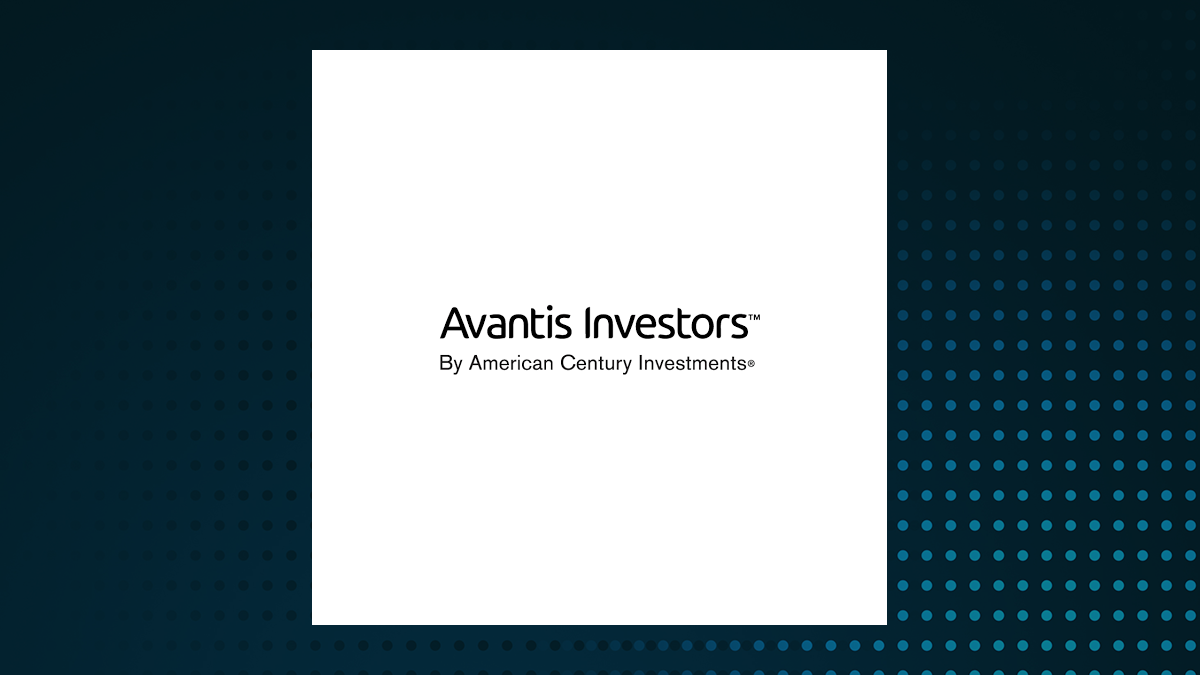
Sunwoo Jung For income investors, telecommunications companies are one of the typical sweet spots. This is especially true for foreign telecom companies, which often pay higher yields than their large domestic counterparts. In 2017 , I wrote an article about KT Corporation ( NYSE: KT ), at the time I concluded the stock was a buy because of both its online TV offerings and its reduction in debt.
The company hasn’t done a lot between then and now. Today I’m going to look back at KT with an eye toward the company’s earnings, its low book value, and importantly the dividend investors can expect from them if they choose to add at these levels. KT is trading at the high-end of its 52-week range right now, largely on the strength of the South Korean Won.

Understanding KT KT has its origin in 1981, when it was named Korea Telecom. The company was an absolute monopoly over landline communication in South Korea until 1991, when they started facing some meaningful competition. The company was renamed KT in 2002.
Today, the company is the big player in communications in the technologically advanced South Korea, and offers a variety of services including voice and data telecommunications, broadband Internet access, media and content services, satellite TV, financial services, and others. Much like America’s AT&T ( T ) they play an important role in all sorts of data-based services. Consolidated Balance Sheet- KT at a Discount Cash and Equivalents $2.
8 billion Total Current Assets $11.3 billion Total Assets $32.0 billion Total Current Liabilities $10.
5 billion Total Liabilities $18.0 billion Total Shareholder Equity $14.2 billion Click to enlarge (source: most recent quarterly statement form 6-K from SEC) A big, profitable company like KT has a pretty good amount of cash generation, and has access to plenty of funding.
The company has a decent cash on hand position for a company of its size, and with a current ratio of 1.07, I would not worry too much about the company’s ability to adapt to any expected changes that are liable to come their way. The real news to me is the price/book ratio, which at current prices is 0.
53. Foreign telecoms often trade at a relatively low price/book ratio compared to the broader market, but this is quite an extreme, with the sector median being 1.86.
KT looks like a potential bargain, at least before we consider other factors. The Risks KT is, as mentioned, a big player in the South Korean telecom industry, but that doesn’t mean it’s a monopoly, at least not anymore. They are facing some pretty intense competitors in a lot of their bread and butter sectors.
The big competitors for KT are SK Telecom ( SKM ) and LG’s U-plus service. They’re going to have to remain competitive on both a technological and pricing basis to maintain a strong market share. Besides the competition for their voice and data services, KT also faces competition in a number of its value-added service offerings, which prevents them from increasing margins on those services too much.
KT has some potentially big expenses coming up to maintain its position, with the biggest potential expense being their renewal of existing bandwidth licenses. Being such a big data company, they use and need quite a bit of bandwidth, and those rights are not cheap. One thing that’s always important to keep an eye on is the regional tensions.
South Korea is still technically in a state of war with North Korea, and any time that flares up, which happens from time to time, there will be downward market pressure on all Korean stocks around the world, as people want to stay away from what could be a big risk. Statement of Operations 2021 2022 2023 2024 (1H) Revenue $18.6 billion $19.
1 billion $19.6 billion $9.8 billion Operating Income $1.
3 billion $1.5 billion $1.1 billion $750 million Net Income $1.
0 billion $940 million $740 million $570 million Diluted EPADR $2.15 $1.94 $1.
49 $1.16 Click to enlarge (source: most recent annual report from 20-F and quarterly report 6-K from SEC) KT is not what you would call a growth company. While a lot of foreign telecoms may be in a somewhat new market with their countries of operation trying to play catch-up with the rest of the world, that’s just not the case with South Korea.
They are a highly advanced technological nation, with a lot of countries playing catch-up with them. As such, we have to consider KT to be a mature company, not a growth one, and at current prices, the company is trading at a P/E ratio of 10.30, which isn’t terrible but is hardly something to get excited about for a stable company.
This is somewhat better than the sector median, but again better options can be had elsewhere. Estimates are that this is mostly going to continue, with narrow revenue growth in future years and profits not expected to change a tremendous amount. The thing that worries me most is that, despite a relative rise in revenue in recent years, we’re not seeing a comparable rise in operating income, suggesting the margin may be a bit under pressure.
Dividends KT’s dividends are inconsistently paid, and like most foreign ADS shares, they pay in a foreign currency, so the exact amount investors get is subject to the exchange rate of South Korean Won to US dollars. Recent payments have been semi-annual, though they made annual payments previously. They have paid 15¢ in those semi-annual dividends, which would give us a yield of about 2% if this is consistent, which isn’t great for income investors.
For potential income investors, I would say what KT is offering is fair, at best, and while the income provides room for increasing dividends going forward, there is no indication right now that there will be a substantial increase in the yield. Conclusion KT is a good company, and the price isn’t outrageous as far as it goes. The company trades at a nice discount to book, but beyond that I don’t find much that would attract me to it either as a value investor or an income investor.
I’m rating this a hold. The stock has done pretty well in recent months, but I see no obvious catalyst for the price to continue to rise. The won seems to me to be at a near-term high, and the company doesn’t pay enough of a reliable dividend to be worthy of consideration for anyone looking for income.
In the future for investors I would keep an eye on exchange rate, because that could affect how much of a payout they will receive in future dividends. I would also be aware of the potential losses of market share if there is a tough push by competition because the data industry in South Korea is highly competitive. Analyst’s Disclosure: I/we have no stock, option or similar derivative position in any of the companies mentioned, and no plans to initiate any such positions within the next 72 hours.
I wrote this article myself, and it expresses my own opinions. I am not receiving compensation for it (other than from Seeking Alpha). I have no business relationship with any company whose stock is mentioned in this article.
Seeking Alpha's Disclosure: Past performance is no guarantee of future results. No recommendation or advice is being given as to whether any investment is suitable for a particular investor. Any views or opinions expressed above may not reflect those of Seeking Alpha as a whole.
Seeking Alpha is not a licensed securities dealer, broker or US investment adviser or investment bank. Our analysts are third party authors that include both professional investors and individual investors who may not be licensed or certified by any institute or regulatory body..














